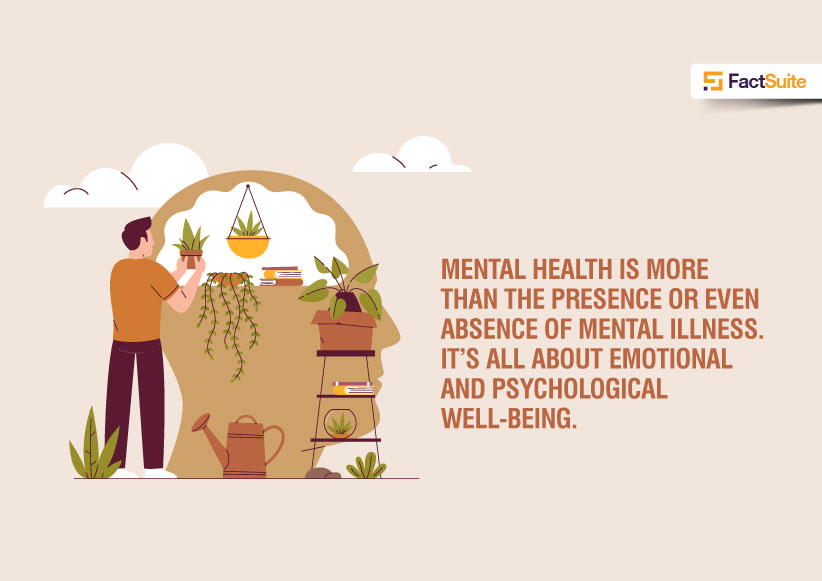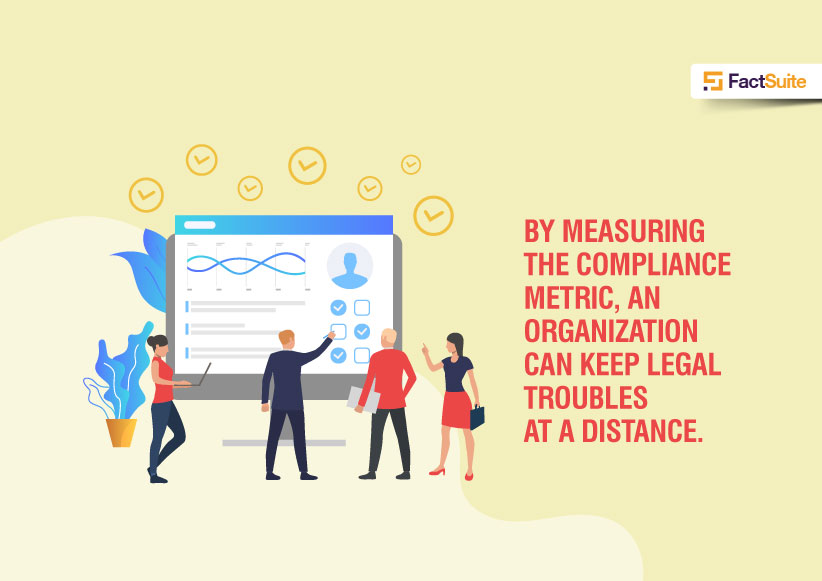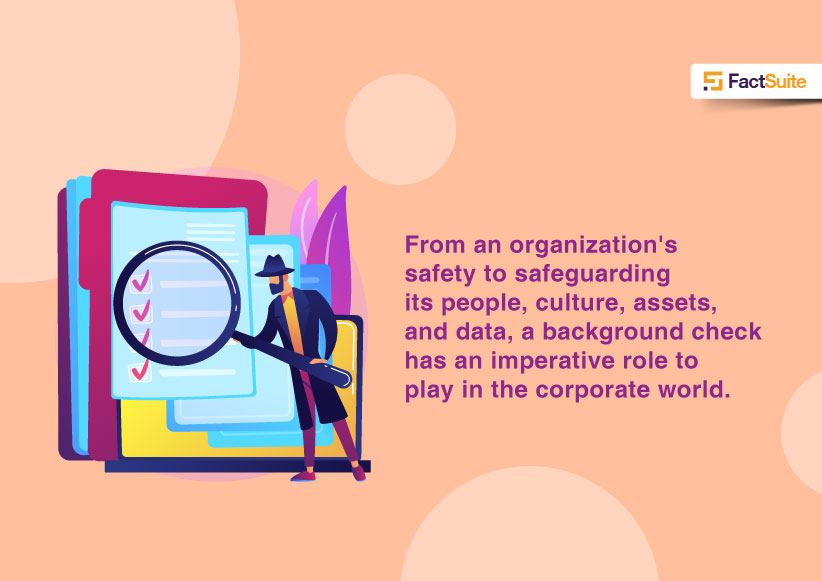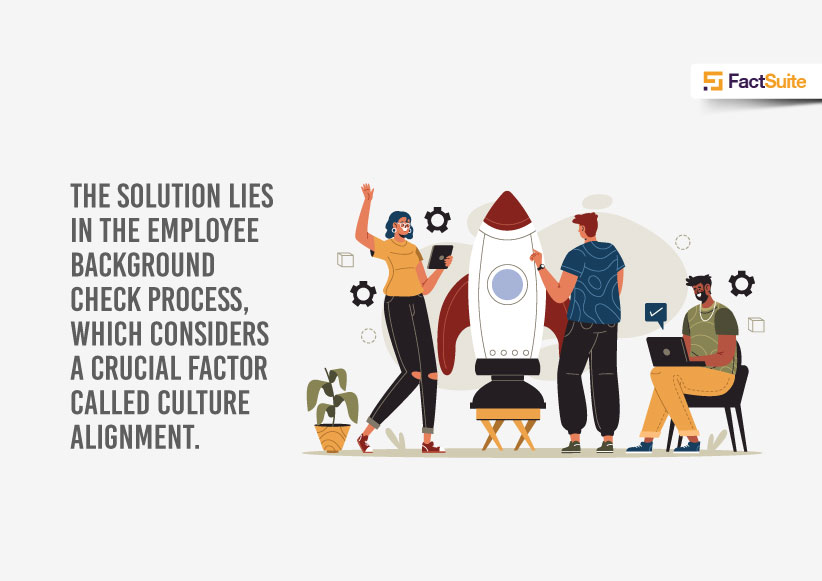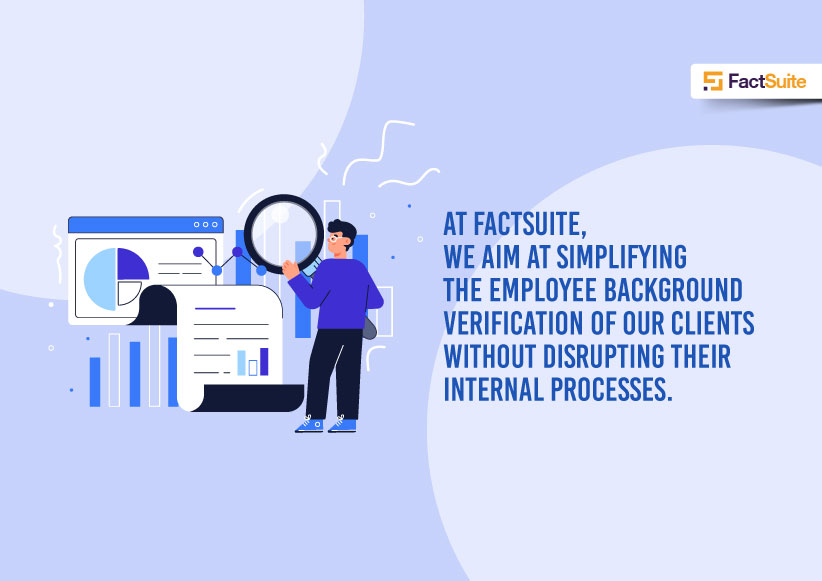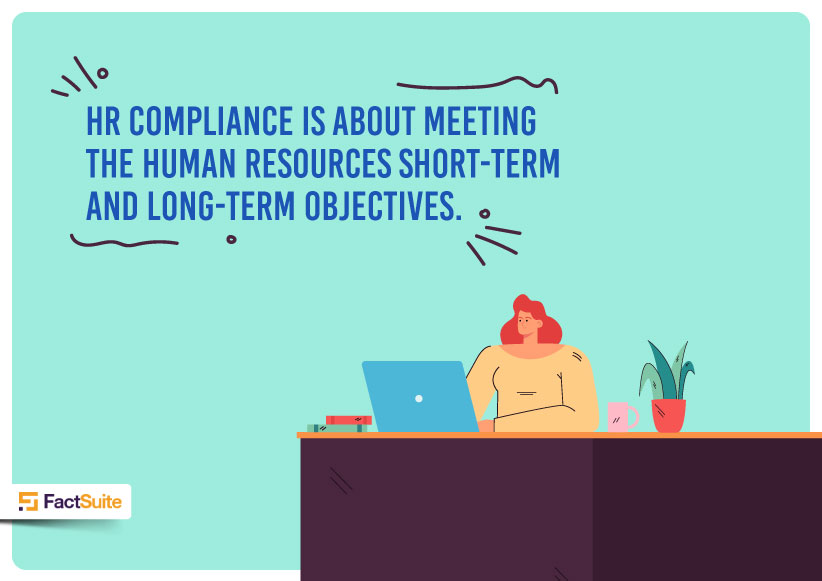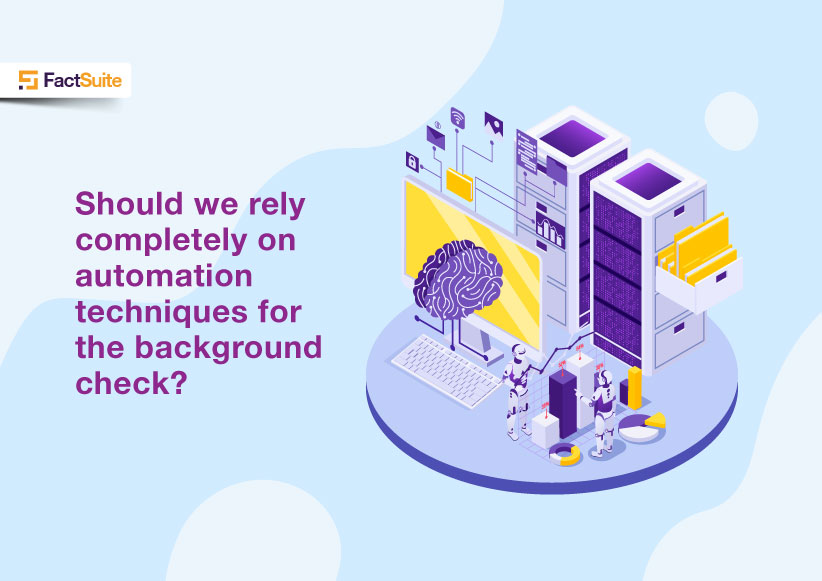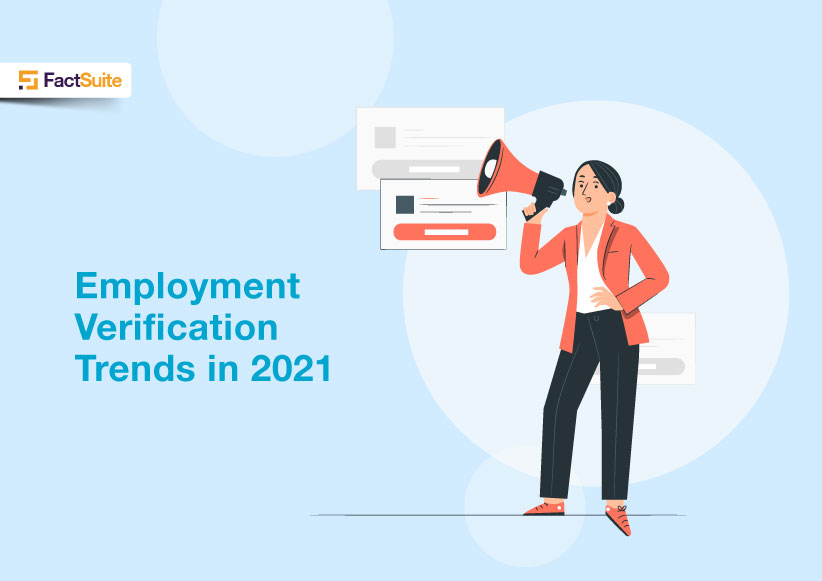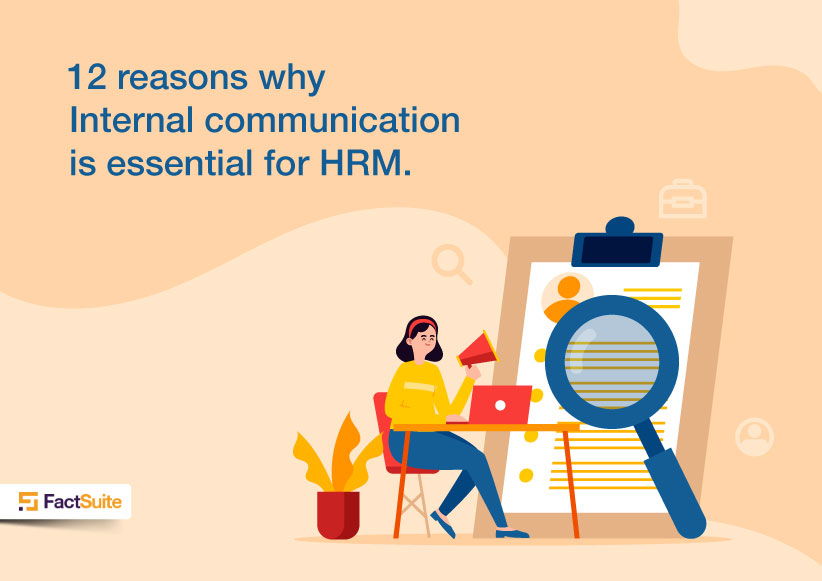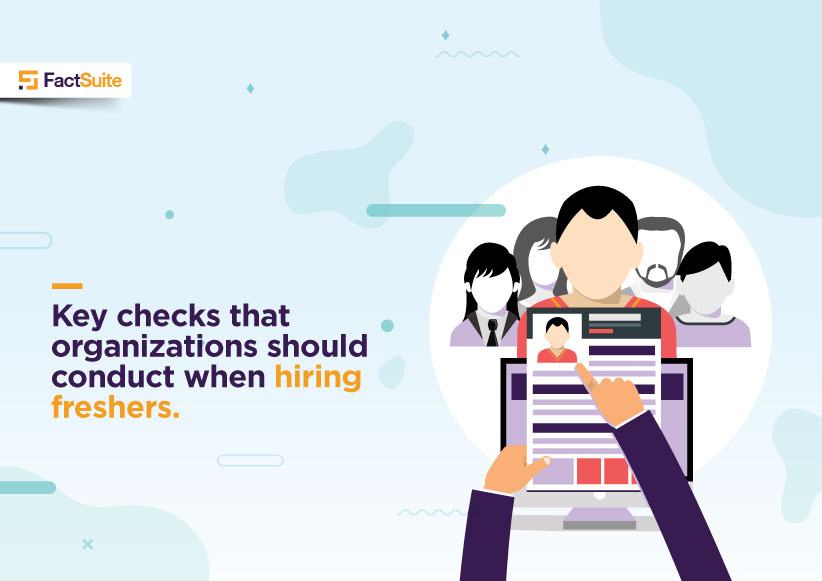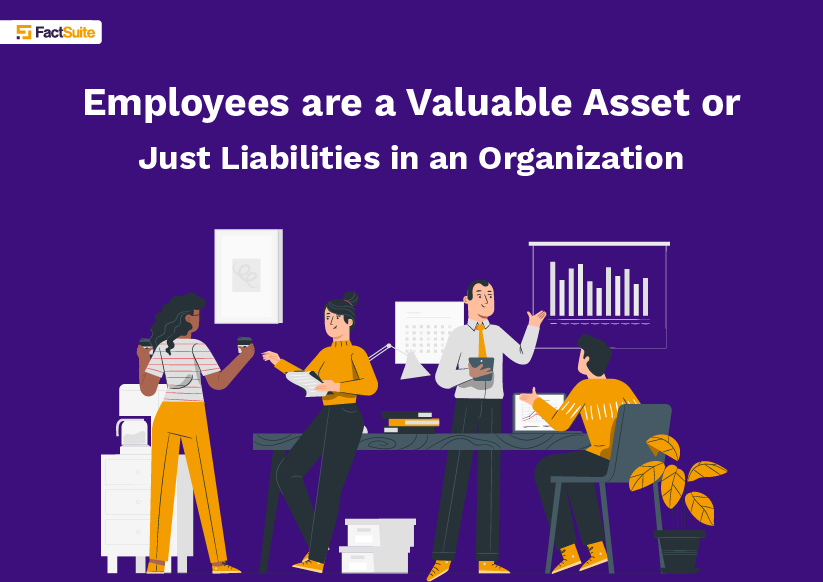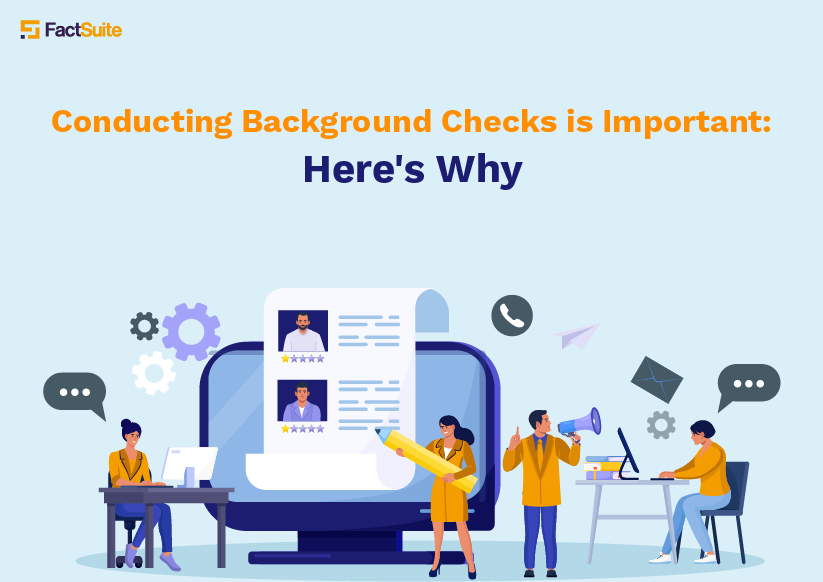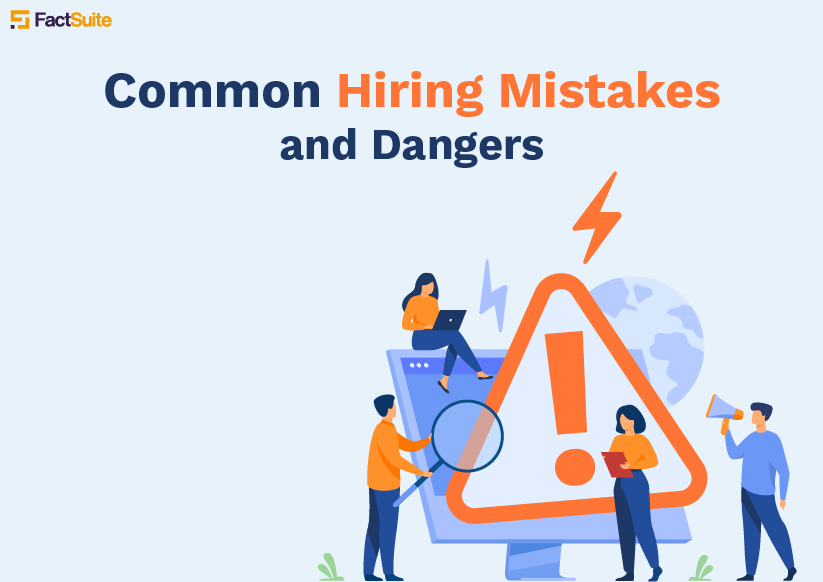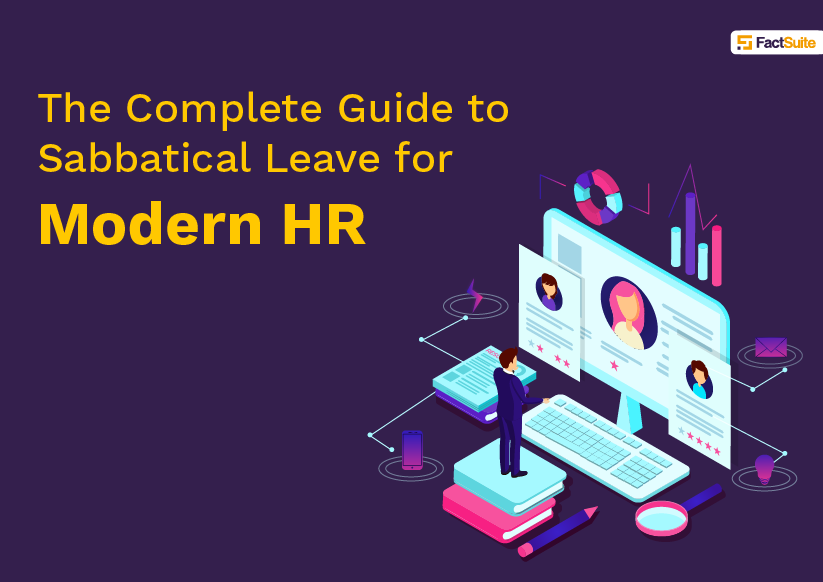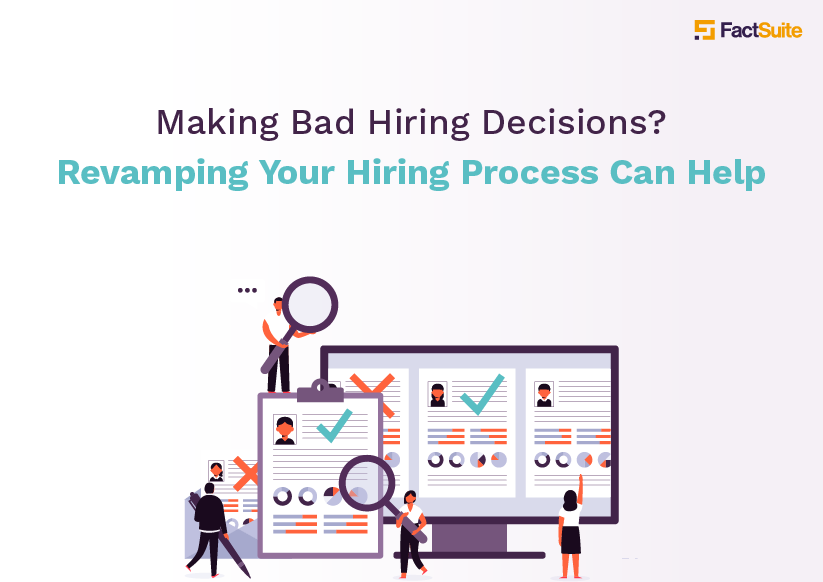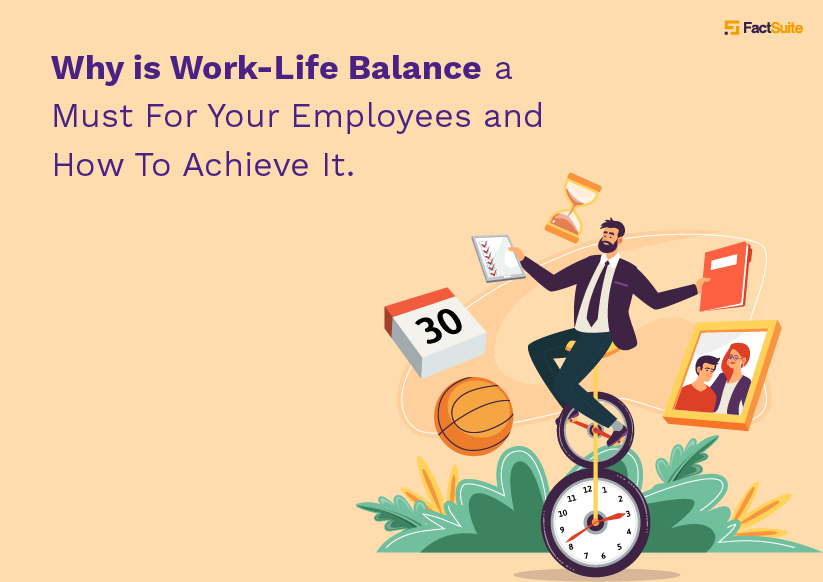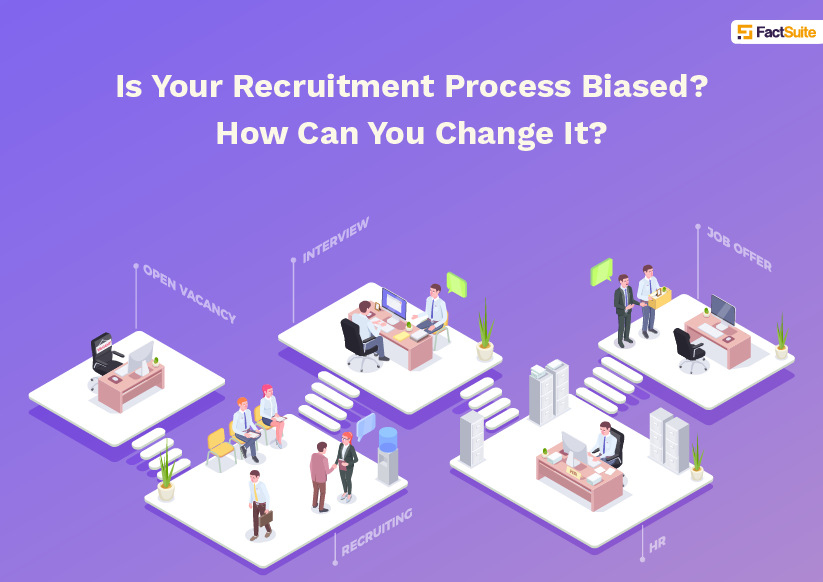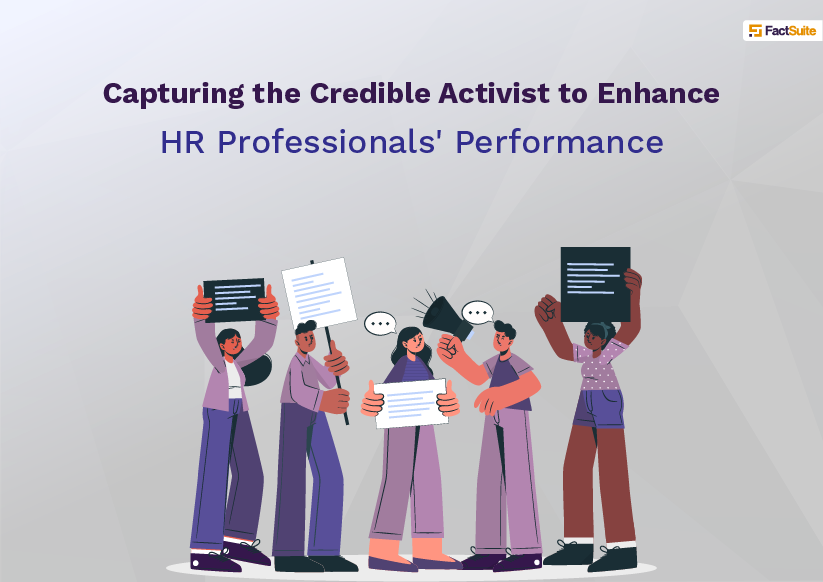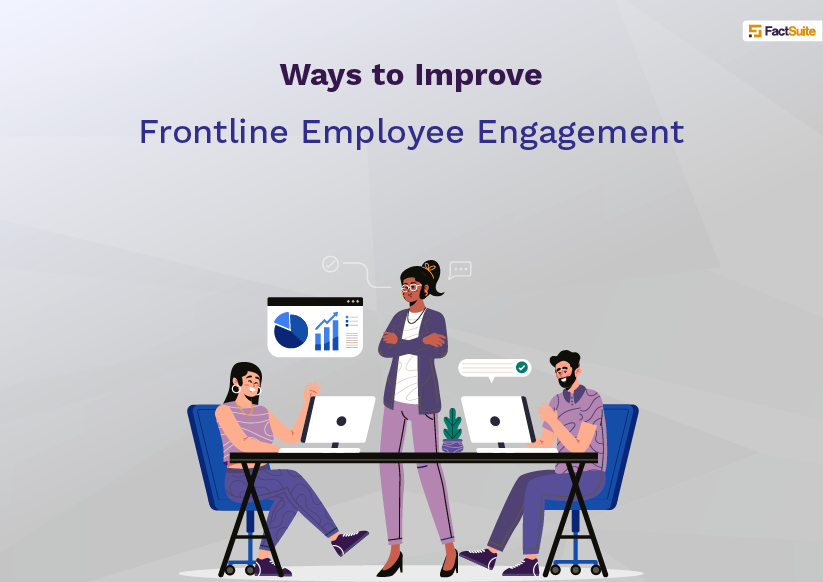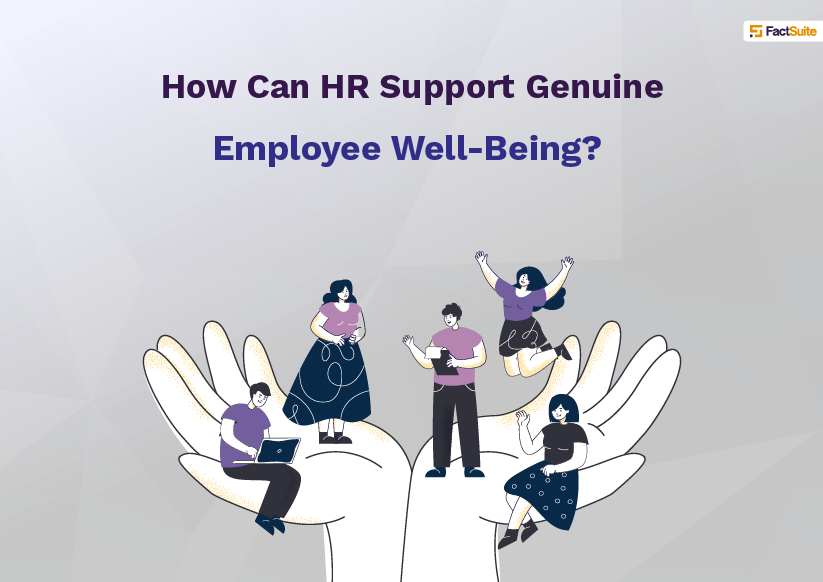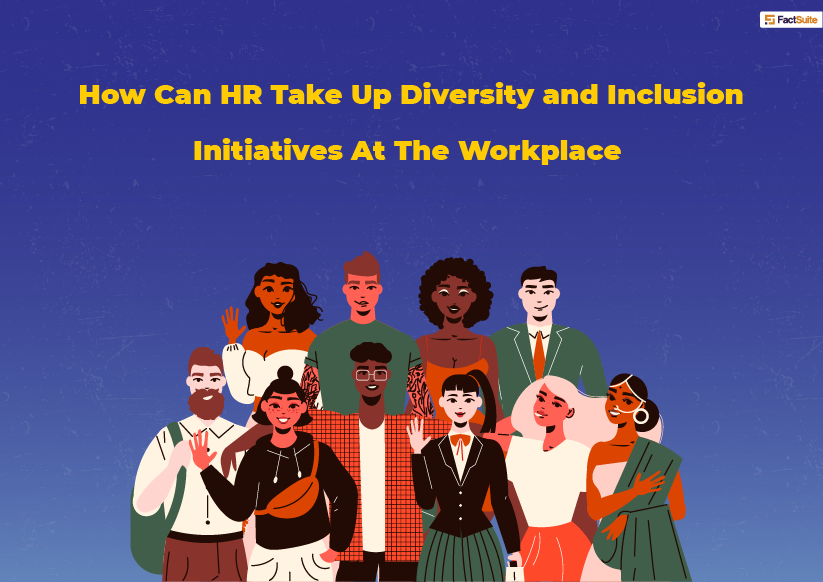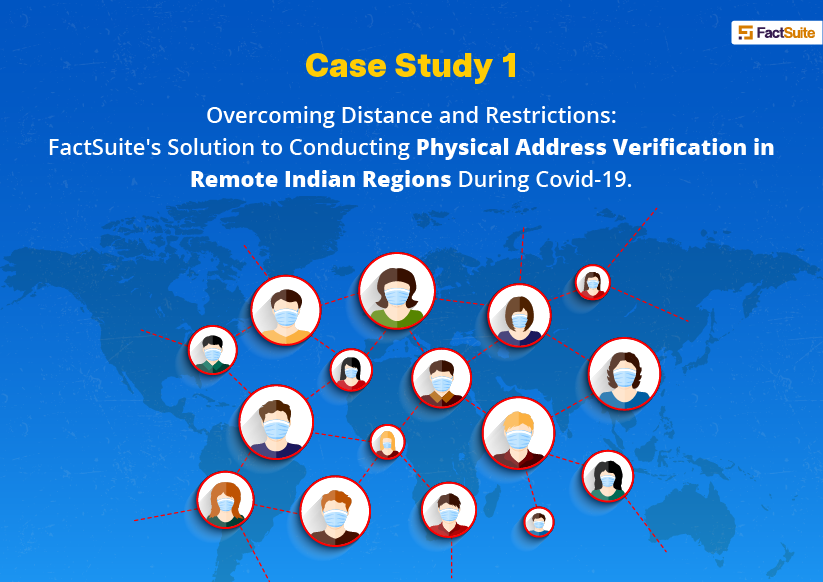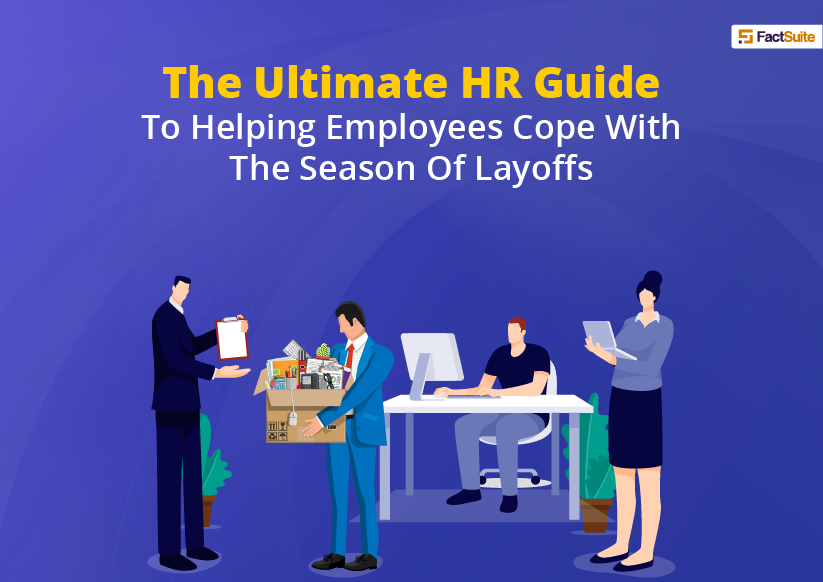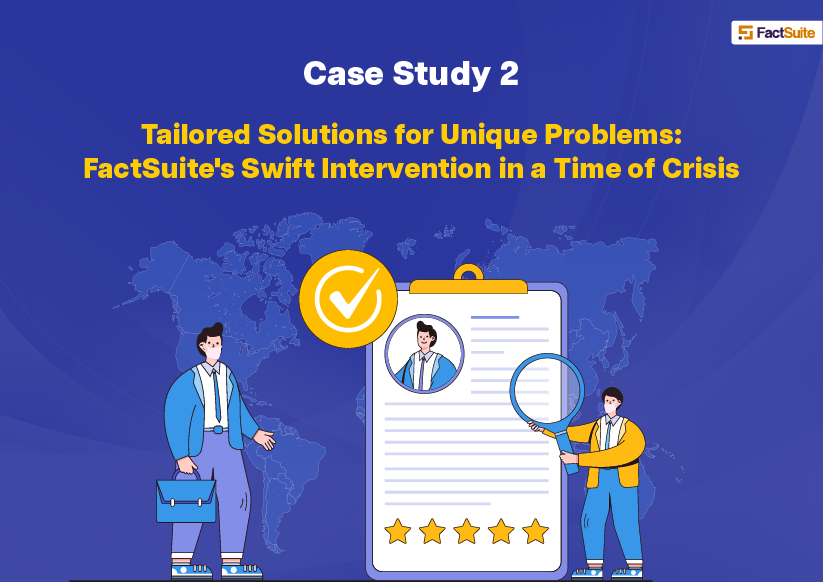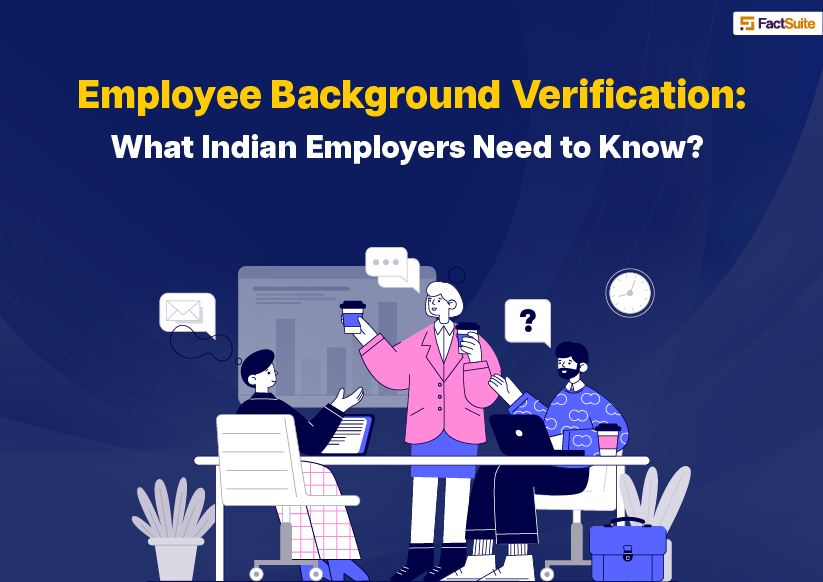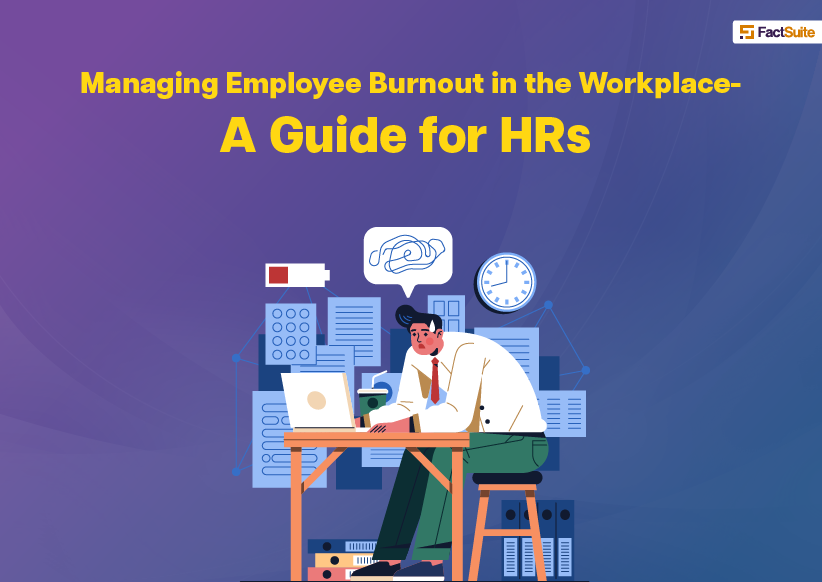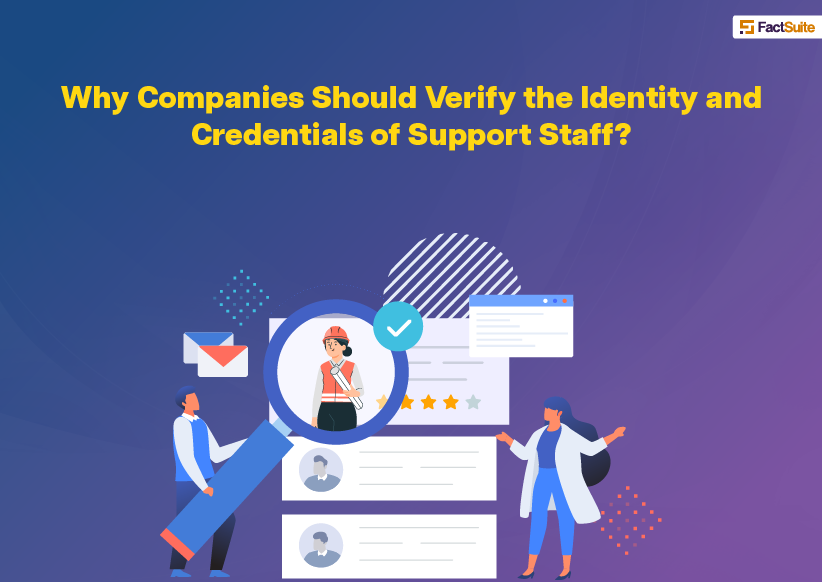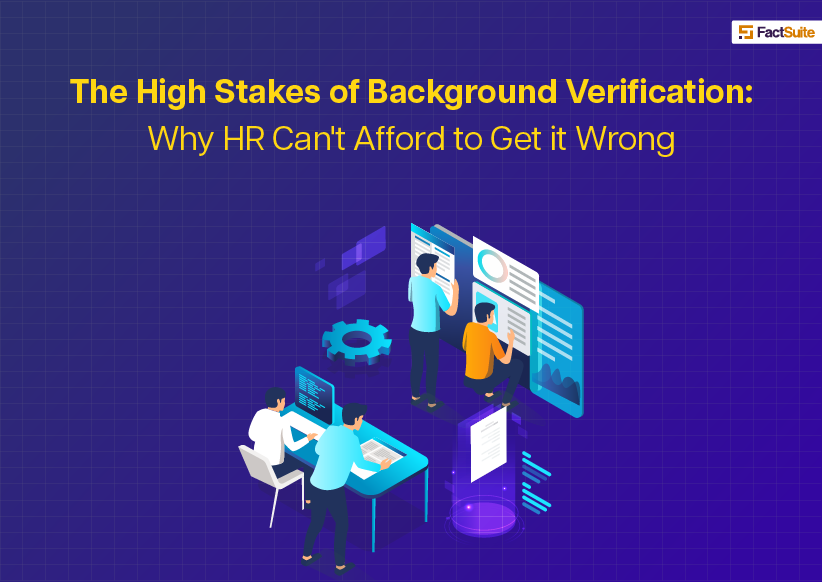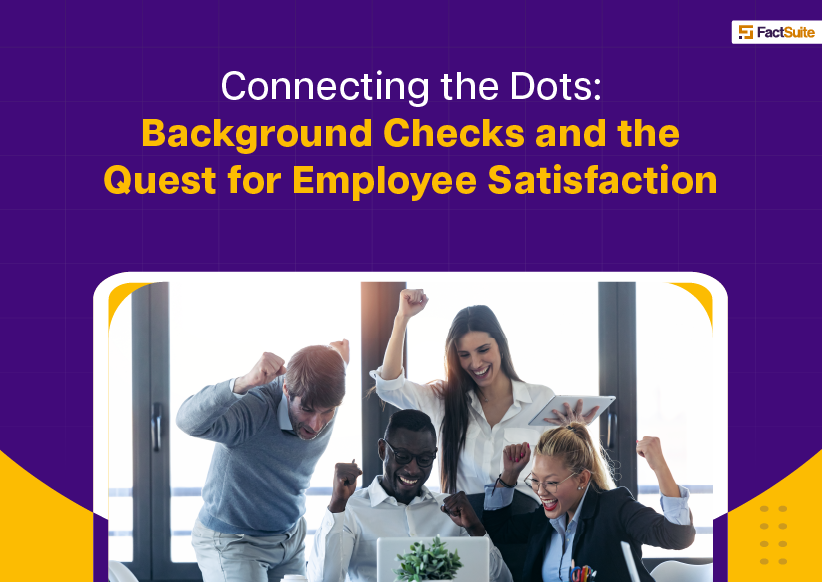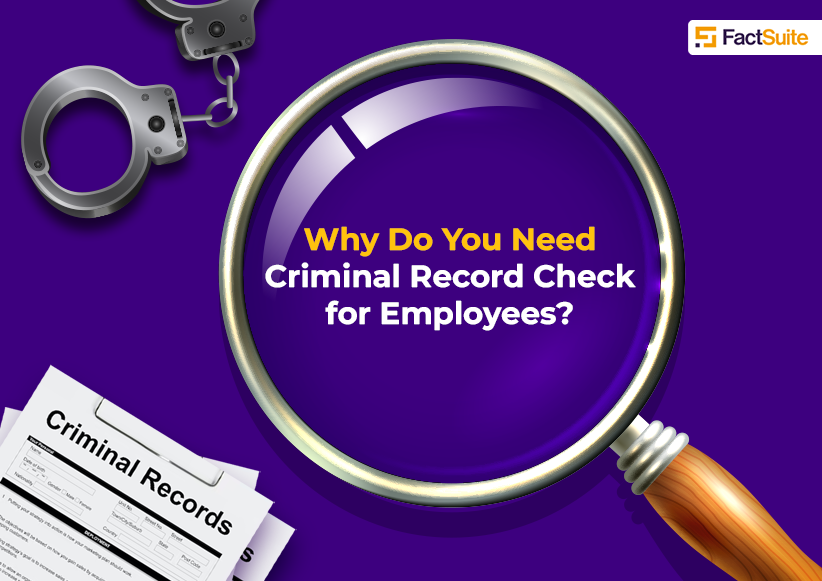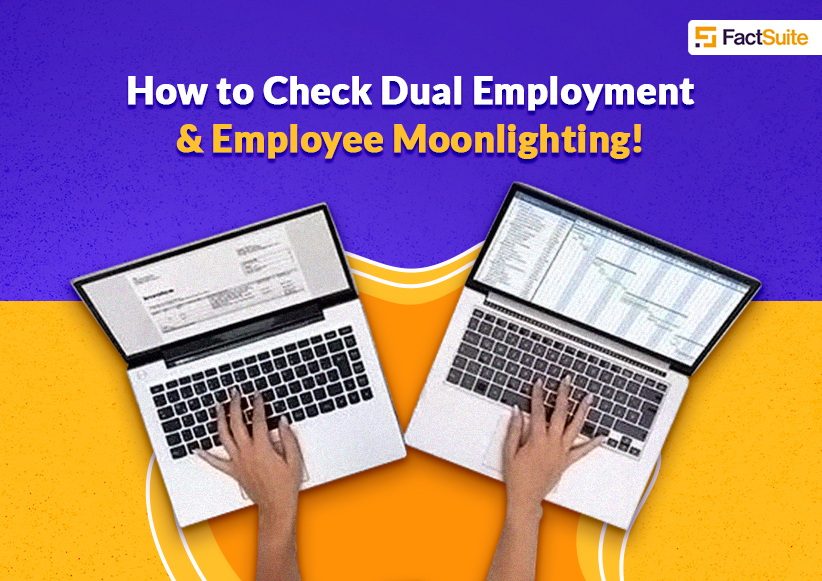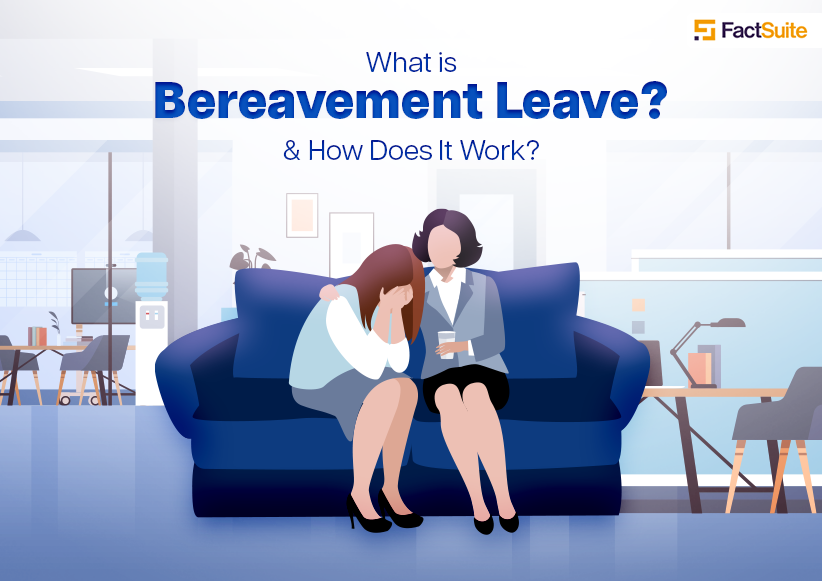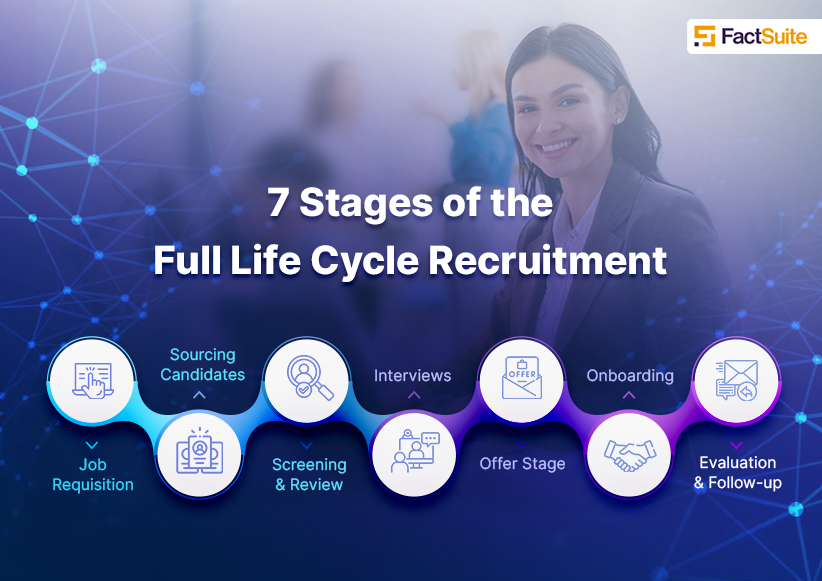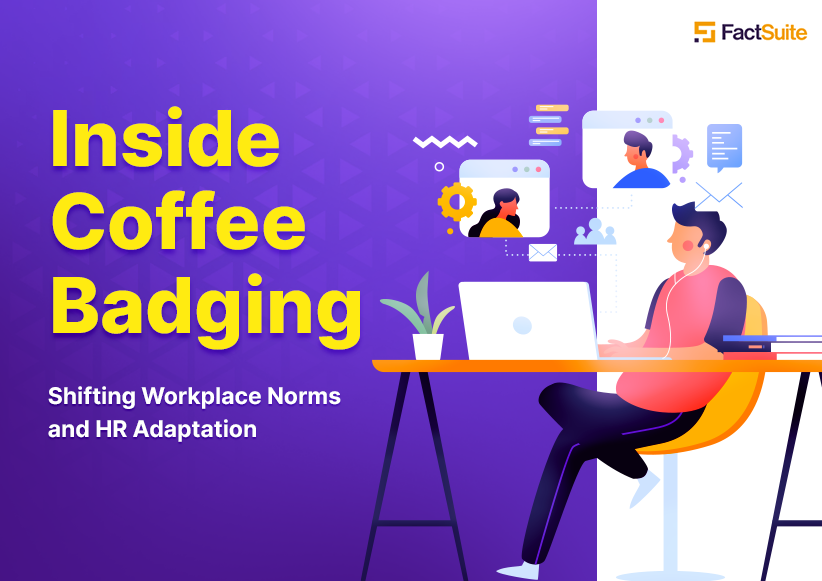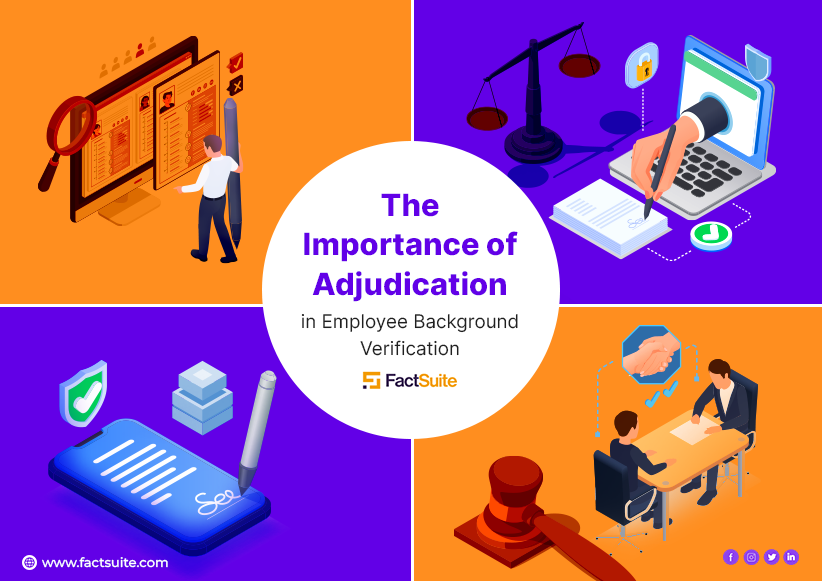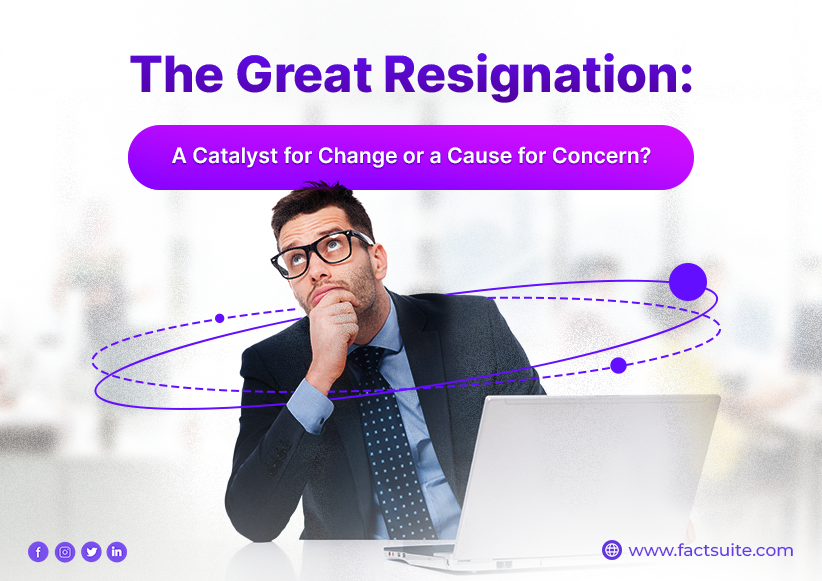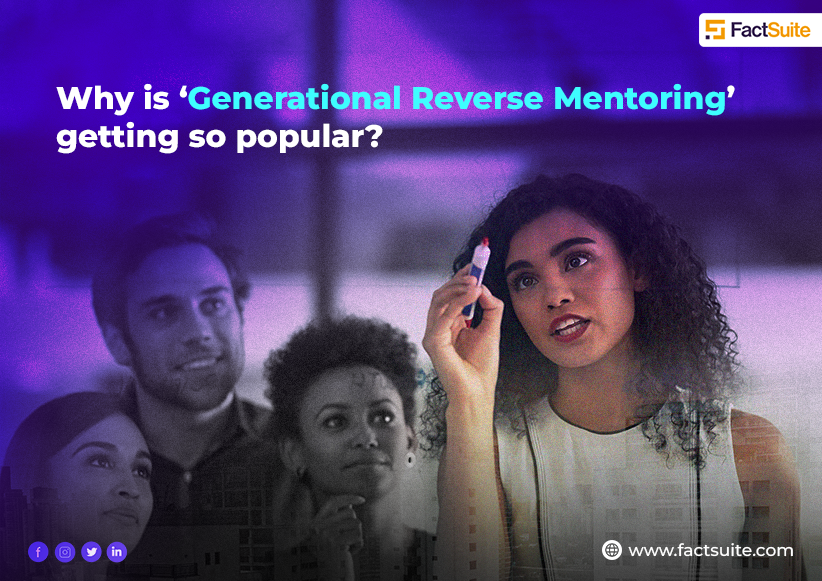Reassessing Candidates with Criminal Backgrounds for Employment: Take A Chance or Play It Safe?
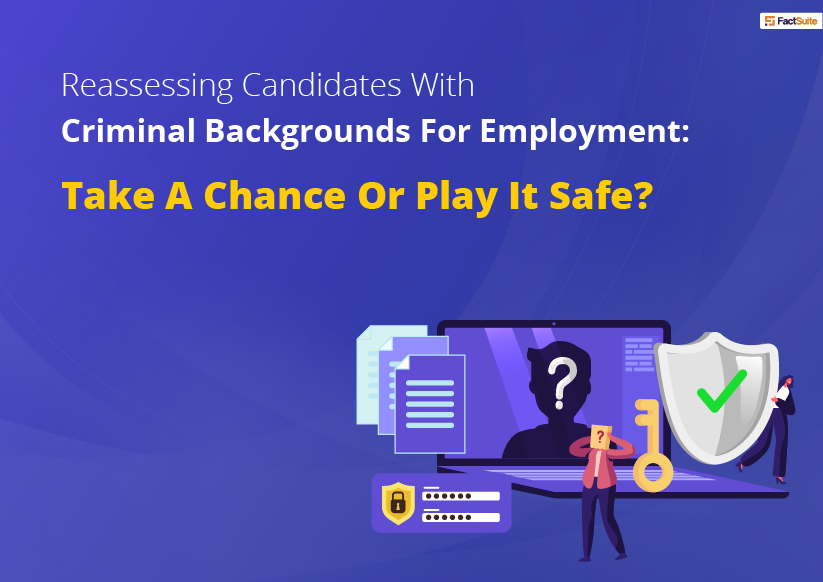
It is becoming increasingly common for employers to screen potential employees through a criminal background check. With the growing trend of companies reconsidering their policies towards people with criminal records, it becomes necessary to consider the pros and cons of this decision. This blog post will explore the potential benefits and risks associated with re-considering people with criminal checks at work.
This blog post will further discuss the implications of such a hiring decision for employers. We will also look at some best practices for employers in making these hiring decisions and providing support for employees with criminal backgrounds.
The Importance of a Criminal Check
Criminal background checks have become a common practice for employers in recent years as a way to screen job applicants and ensure the safety of their employees and customers. These checks involve searching public records for information about an individual's criminal history. Employers use this information to determine whether to hire or retain an employee or to make other employment decisions.
Conducting criminal background checks is important for employers as it can provide valuable information about potential employees that may not be disclosed during the interview process. This information can help employers make more informed hiring decisions and ensure the safety of their employees and customers.
It's important to note that while criminal background checks may be a common practice, it's not universally required by law or regulation. Still, employers do it to mitigate risks associated with hiring employees.
Employers must be mindful when considering people with criminal checks, carefully balancing the need for security with a commitment to fairness.
The Pros of Reconsideration
Giving someone with a criminal record a second chance can positively impact their future, making it more likely that they will lead a successful and crime-free life. Here are a few benefits of reconsidering them:
Reducing Recidivism
One potential benefit of considering individuals with criminal records for employment is that it can help reduce recidivism. When people can secure steady employment, they are less likely to re-offend.
Reduced Unemployment Rates
Considering individuals with criminal backgrounds for employment can also help to reduce unemployment rates among ex-offenders. Finding meaningful employment gives individuals the opportunity to contribute back to society in a meaningful way while reducing their financial burden.
Reduces Discrimination
By reconsidering individuals with criminal records, employers open opportunities to members of marginalized communities who may have been discriminated against otherwise, due to their criminal backgrounds. This eliminates unfair discrimination based on past mistakes, helping to create a more diverse and inclusive workplace.
Improved Quality of Life
By providing a sense of security and stability through meaningful work, reconsideration of people with criminal records can help them improve the quality of their lives. It allows one to make a living without turning back to crime or living off public assistance programs.
The Cons of Reconsideration
When considering people with criminal checks for employment, there might be potential drawbacks too. These cons must be weighed against the pros to ensure the best outcome for all involved. Here are some of the key cons of reconsidering people with criminal checks.
The Complexities in Assessing Professional Behavior & Trustworthiness
It can take time to accurately predict how an individual will act professionally. Even if a person has served their sentence and is rehabilitated, employers may still be concerned about the risk they pose. This scenario can be compounded by the fact that the person's criminal history may not be completely accurate or complete, making it hard to trust them.
Concerns of Public-Perception for Employer
Hiring someone convicted of a crime could lead to negative public perceptions of the company. Employers don't want to be associated with any legal or ethical misconduct, which could create problems for their public image.
Challenges in Successful Re-Entry to Civil Societies for Ex-Convicts
Since someone convicted of a crime may have gaps in work history or experience due to incarceration, reliability could be a factor when considering these individuals as potential employees. While prison rehabilitation programs have come a long way over the years, it can still be difficult for someone to get back on their feet once released.
The Financial Implications of Hiring Ex-Convicts
Employers could face unexpected costs related to the training and supervision of individuals who have been previously convicted. Additionally, certain businesses might require additional insurance coverage when hiring individuals with criminal records, which could add to overhead costs.
Employment Challenges & Stigma Against Criminal Records
Individuals with criminal records may also face discrimination and stigma in the workplace. Even if they can secure employment, they may be treated differently by their colleagues and managers, which can impact their job performance and overall well-being.
Balancing the Concerns
Considering the pros and cons of reconsidering people with criminal checks at work, it is important to consider all angles.
It is important for employers to strike a balance between protecting their employees, customers, and the company while also providing opportunities for individuals with criminal records. Employers can also provide support and resources to employees with criminal backgrounds to help them succeed in their roles. This can include job training, mentoring, and counselling services.
This can also give individuals who have made mistakes the opportunity to prove themselves and show what they can do within an organization.
It is up to each company to weigh the benefits against the potential risks before deciding to hire somebody with a criminal record.
Tips for Hiring Ex-offenders Employees
- Provide support and resources for employees with criminal records. This can include training, mentoring, and counselling to help them succeed in their roles and adjust to life outside of prison.
- Create a positive work environment that values diversity and inclusion. This can help to reduce discrimination and stigma for employees with criminal records and create a more positive and supportive work environment for all employees.
- Encourage employee feedback and participation to create a sense of belonging and engagement among employees with criminal records.
- Have an open and honest conversation with the candidate about their past and how it relates to the job. This helps build trust and understanding and allows candidates to speak about their rehabilitative efforts.
- Be aware of laws and regulations regarding criminal background checks. Some states and municipalities have laws that limit when and how employers can use criminal history information in their hiring decisions.
The Bottom Line
Reconsidering individuals with criminal records for employment is a complex issue that requires careful consideration of both the potential benefits and drawbacks. On the one hand, providing opportunities for individuals with criminal records can help reduce recidivism, and create economic opportunities for their secured future. On the other hand, there are concerns about public safety, legal liability, and the impact on job opportunities for ex-offenders.
Companies need to weigh the pros and cons of reconsidering people with criminal records for employment and make informed decisions that balance the needs of the individual and the community. By being aware of the impact of mass incarceration and racial disparities in the criminal justice system, employers can make better and fairer hiring decisions.
